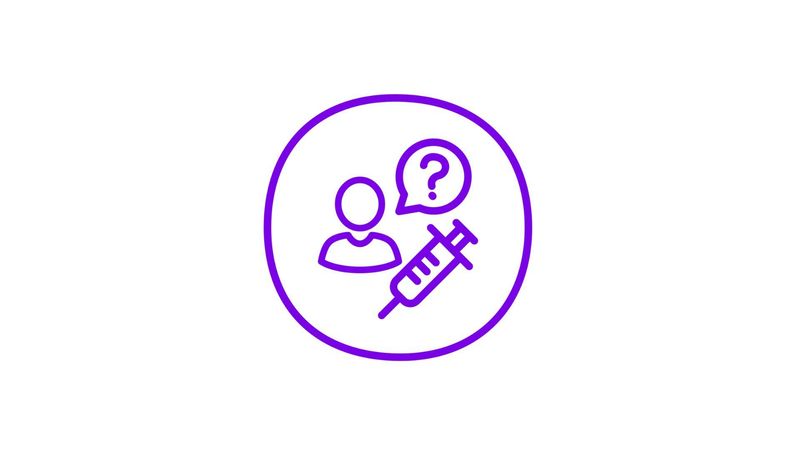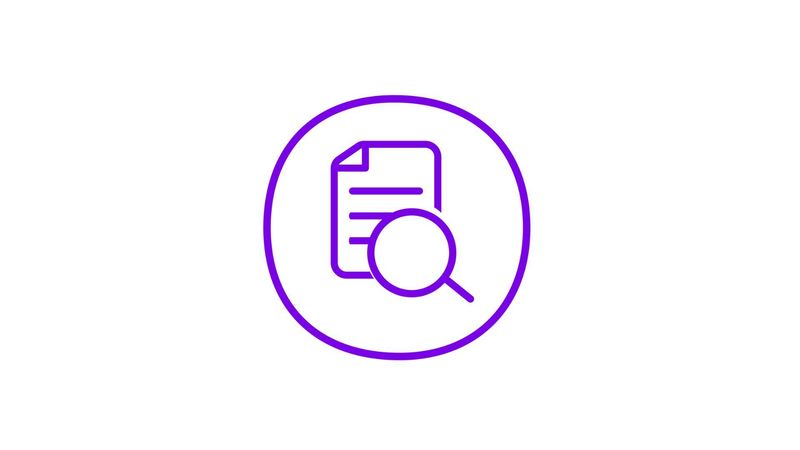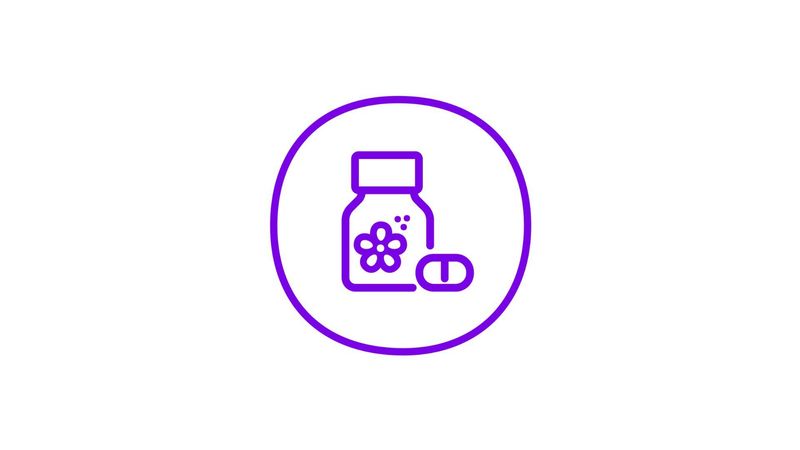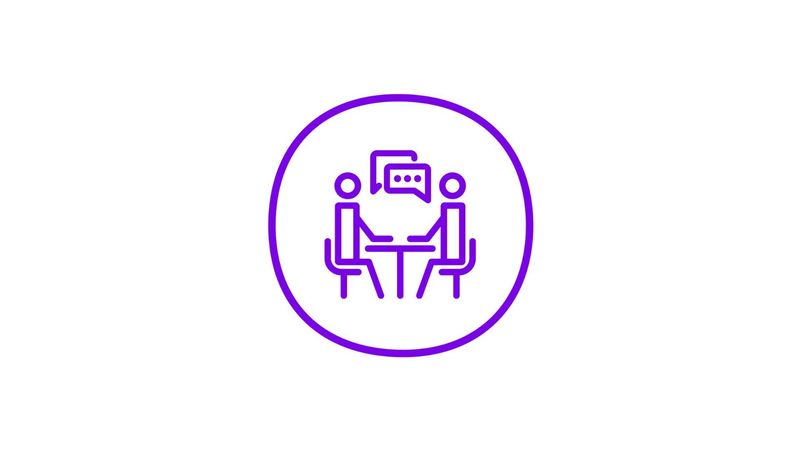
Why Medication Safety Matters ?
Medicines offer proven benefits through rigorous testing, but each individual can respond uniquely to the treatment and present adverse events. That's why it's important to:
- Know what to expect from your medication
- Take your medicine exactly as prescribed
- Report any Adverse Events
Five Essential Tips for Medication Safety
Before starting any new medication, make sure you understand both its benefits and potential risks.
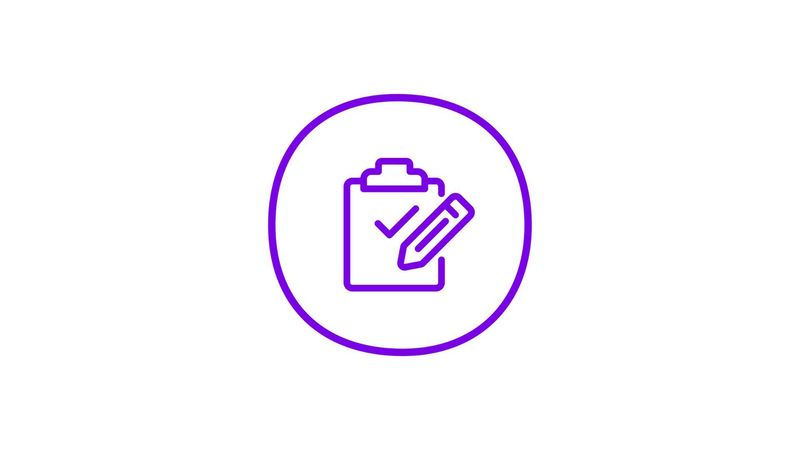
Make a Complete Medication List Before Going to an Appointment With Your HCP
Keep a simple list of all your health products:
- Prescription medications
- Over-the-counter treatments
- Vitamins and supplements
- Even some foods can matter (like grapefruit or green tea)
How Patient Safety & Pharmacovigilance Team Monitors Your Safety at Sanofi
Pharmacovigilance is our commitment to your safety throughout the entire lifecycle of every medication.
What Is Pharmacovigilance?
Pharmacovigilance is the science of detecting, assessing, understanding, and preventing adverse effects from medications and vaccines. This continuous process:
- Protects patients and public health
- Monitors medications throughout their lifecycle
- Updates safety information as new data emerges
- Evaluates the need of additional actions (eg: safety communication or materials to healthcare providers and patients) to maximize medications' benefits and minimize its risks.
How Pharmacovigilance Works
Our safety monitoring process follows three key steps:
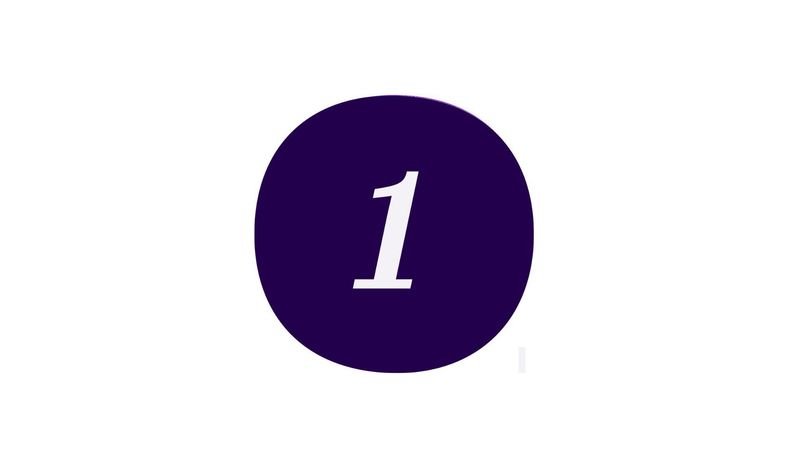
Gathering information
about potential adverse events from patients, healthcare providers, and research
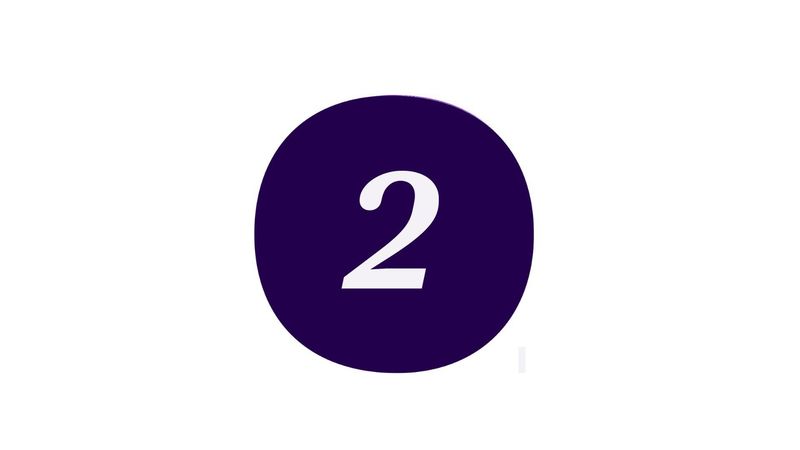
Analyzing data
to identify patterns and understand risks
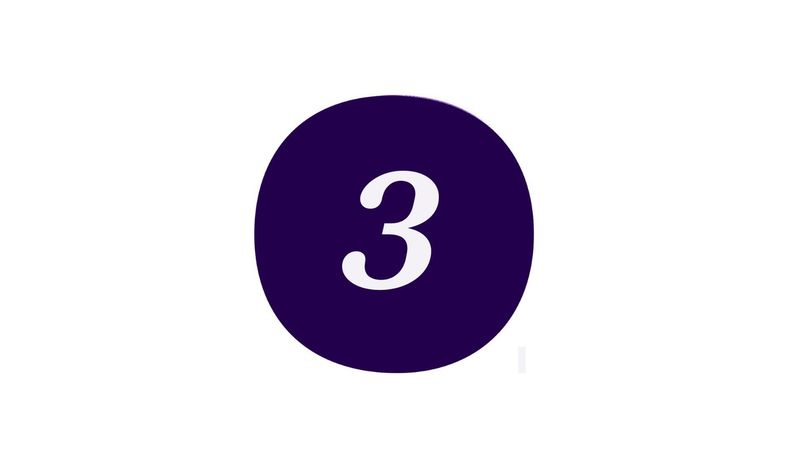
Implementing knowledge
by updating information for healthcare providers and patients
The Sanofi Approach to Patient Safety
Our patient-centric model features:
- Structured benefit-risk assessment for efficient safety analysis
- Rapid processes from detection to patient information updates
- Advanced technology including AI (Artificial intelligence) and machine learning

What is an Adverse Event?
An Adverse Event (or “side effect”) is any negative or unwanted medical experience a patient has after taking a medicinal product (like a medication or treatment).
It's important to know that an Adverse Event doesn't necessarily have to be caused by the medicine. There might not be a direct causal relationship.
So, an Adverse Event could be:
- An unexpected sign (like an unusual lab test result your doctor finds).
- A symptom you feel (like nausea or a headache).
- A new disease or illness that appears.
- An existing condition getting worse.
Basically, it's any unfavorable health change that happens while someone is using a medicinal product, whether or not we think the product is the reason for it.
Example: A patient felt nausea after taking a Sanofi sleeping pill. (This is reported as an Adverse Event, even if we don't know for sure if the pill caused the nausea).
Example: A patient who usually has minor migraine headaches noticed they became more severe and frequent after starting treatment with a Sanofi product.
Understanding Drug Interactions: Why They Matter
When two or more medications mix in your body, they can affect how each other works. This is called a drug interaction. These interactions matter because they can:
- Make medications less effective. Some drugs can prevent others from working properly, leaving health conditions untreated.
- Increase adverse events. Interactions can amplify unwanted effects, making you feel worse instead of better.
- Create unexpected reactions. Sometimes combinations produce entirely new effects that neither drug would cause alone.
Drug interactions don't just happen with prescription medications. Over-the-counter medicines, supplements, foods, and even alcohol can interact with your medications. This is why it's crucial to tell your doctor and pharmacist about everything you take, even vitamins or herbal supplements.
Always check with healthcare professionals before starting new medications to stay safe and ensure your treatments work as intended.
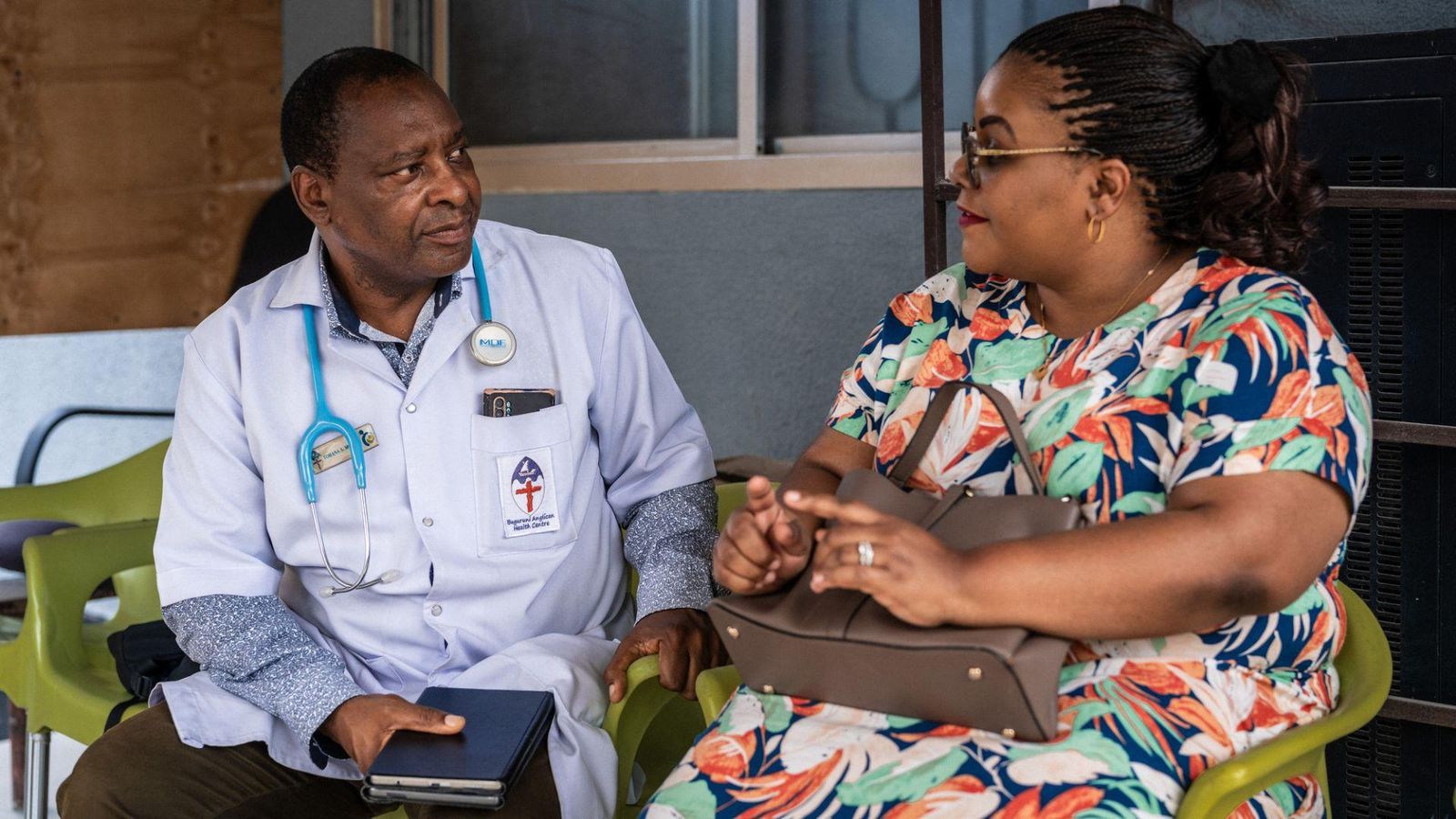
How You Can Help Improve Medication Safety
Your experiences matter to us. Pharmacovigilance depends on you. When you report adverse events to the company you help improve safety for everyone.
If you experience any Adverse Events while taking a Sanofi medicine:
- Inform your healthcare provider
- Report directly to Sanofi through our reporting system
Reporting tool available in English and French. Also, you can report the adverse event to your local Sanofi affiliate, through country-specific Sanofi Web Page
Report an adverse event
Reporting tool available in English and French. Also, you can report the adverse event to your local Sanofi affiliate, through country-specific Sanofi Web Page.

